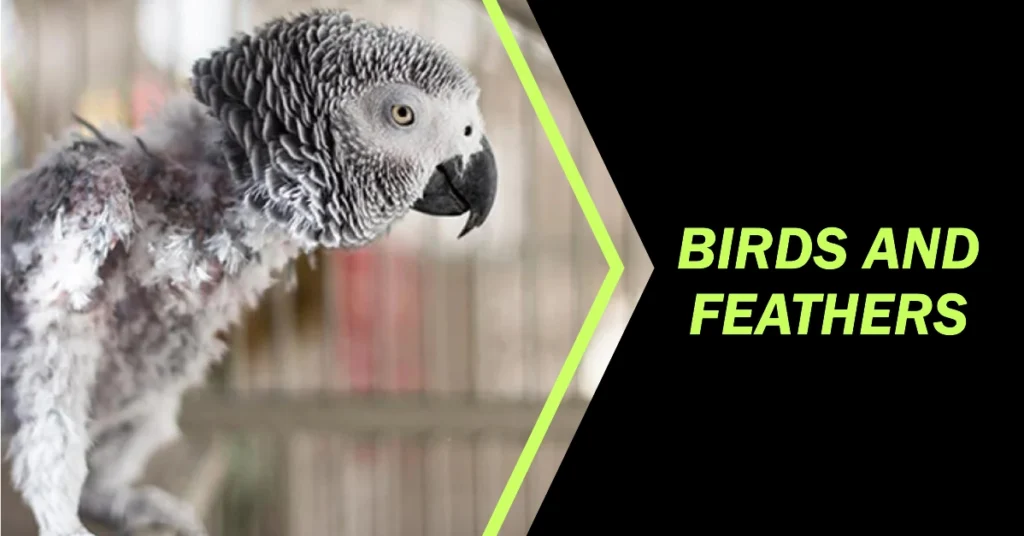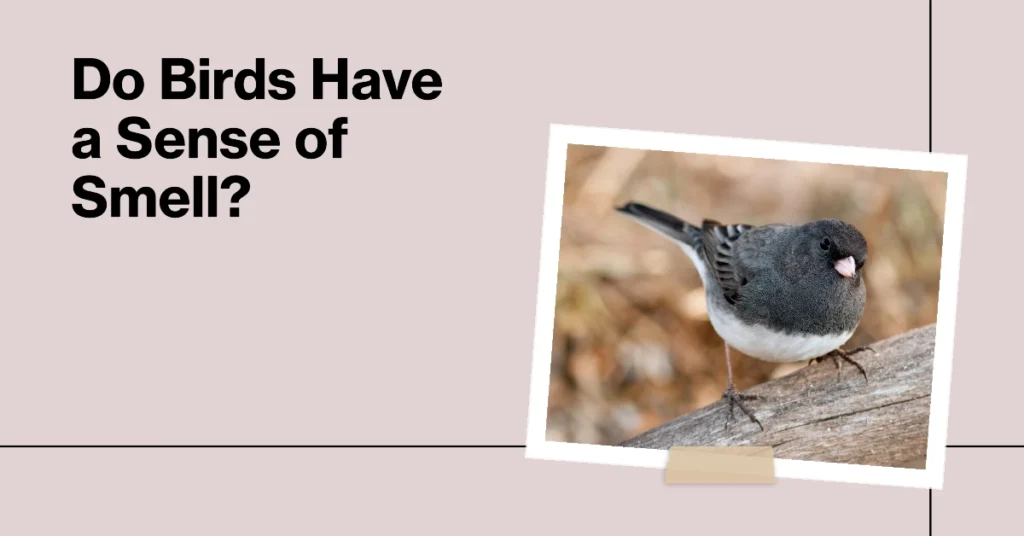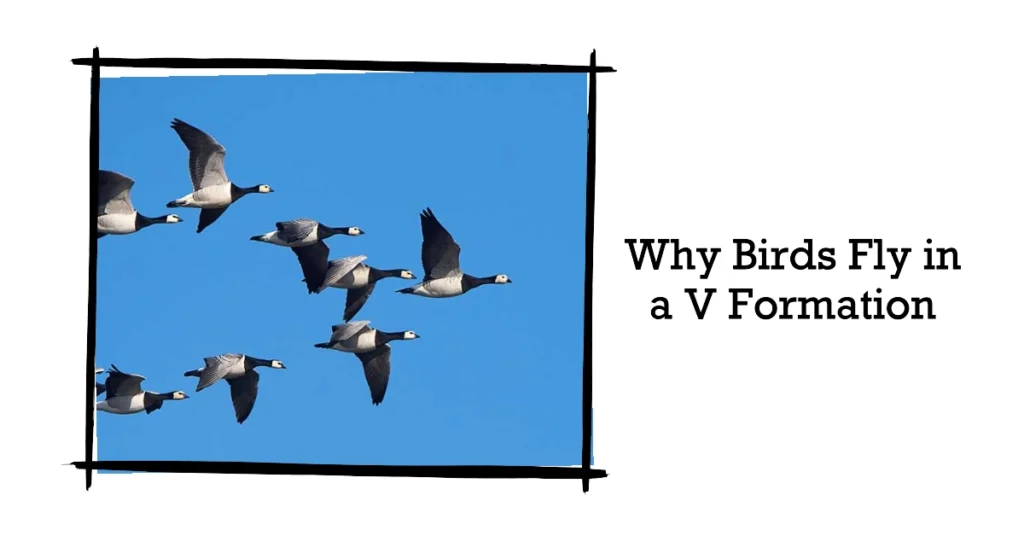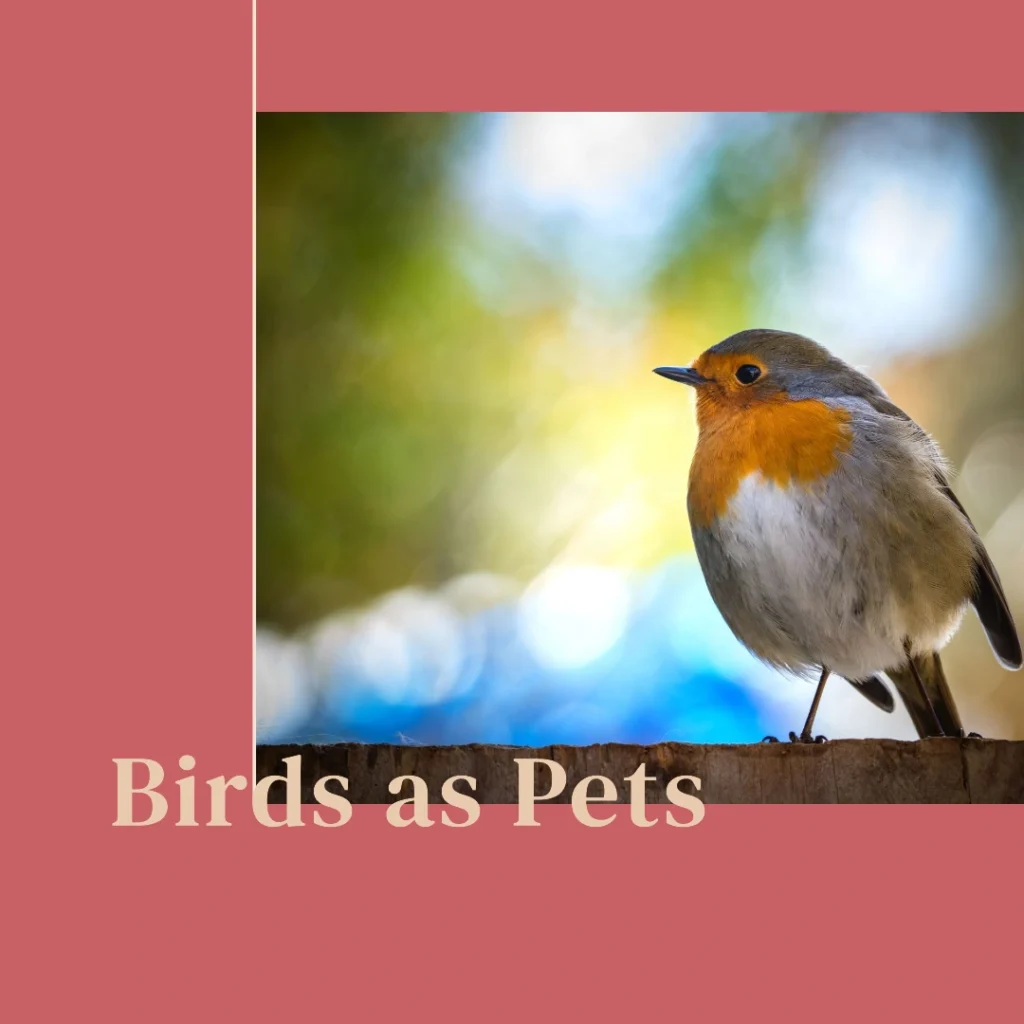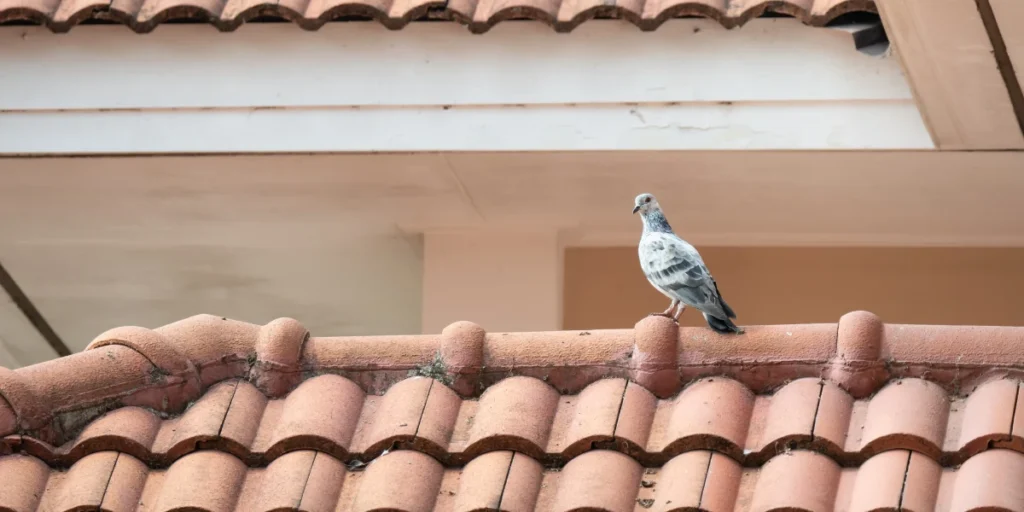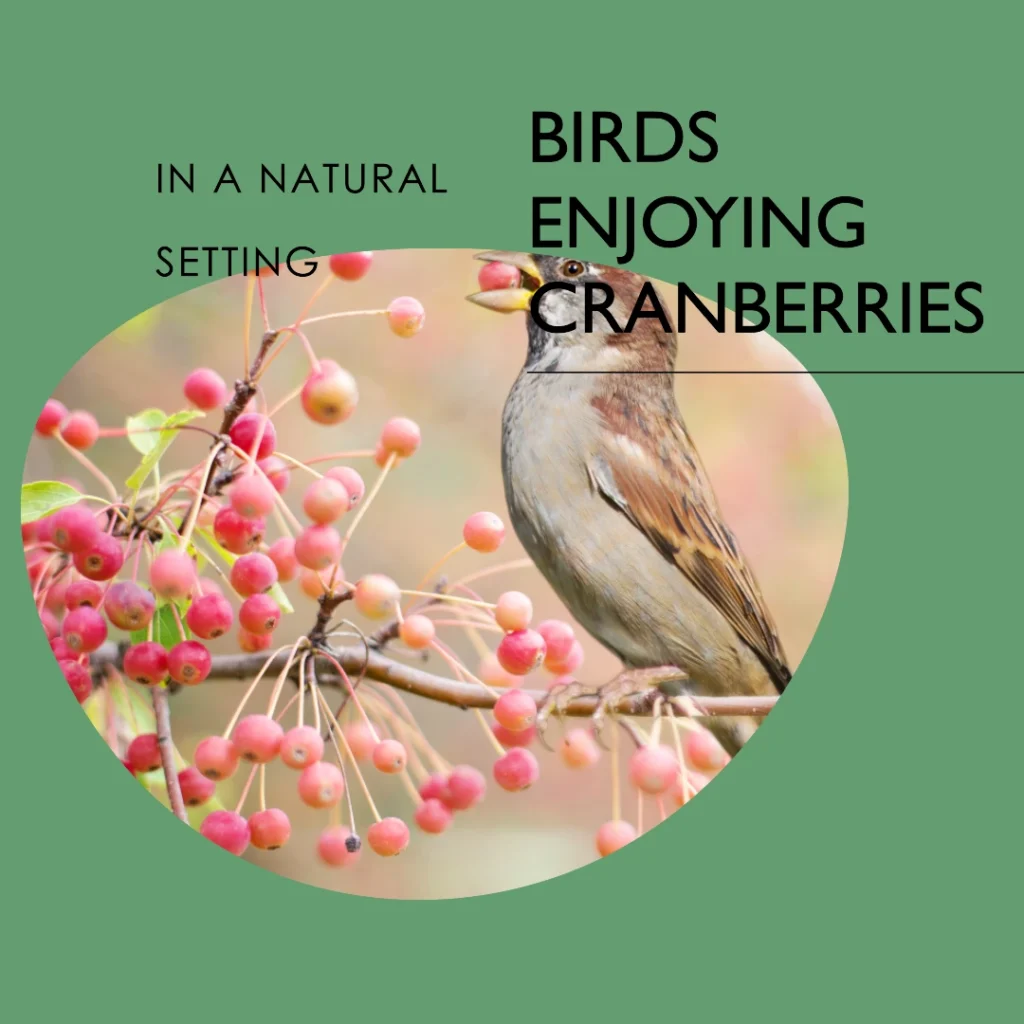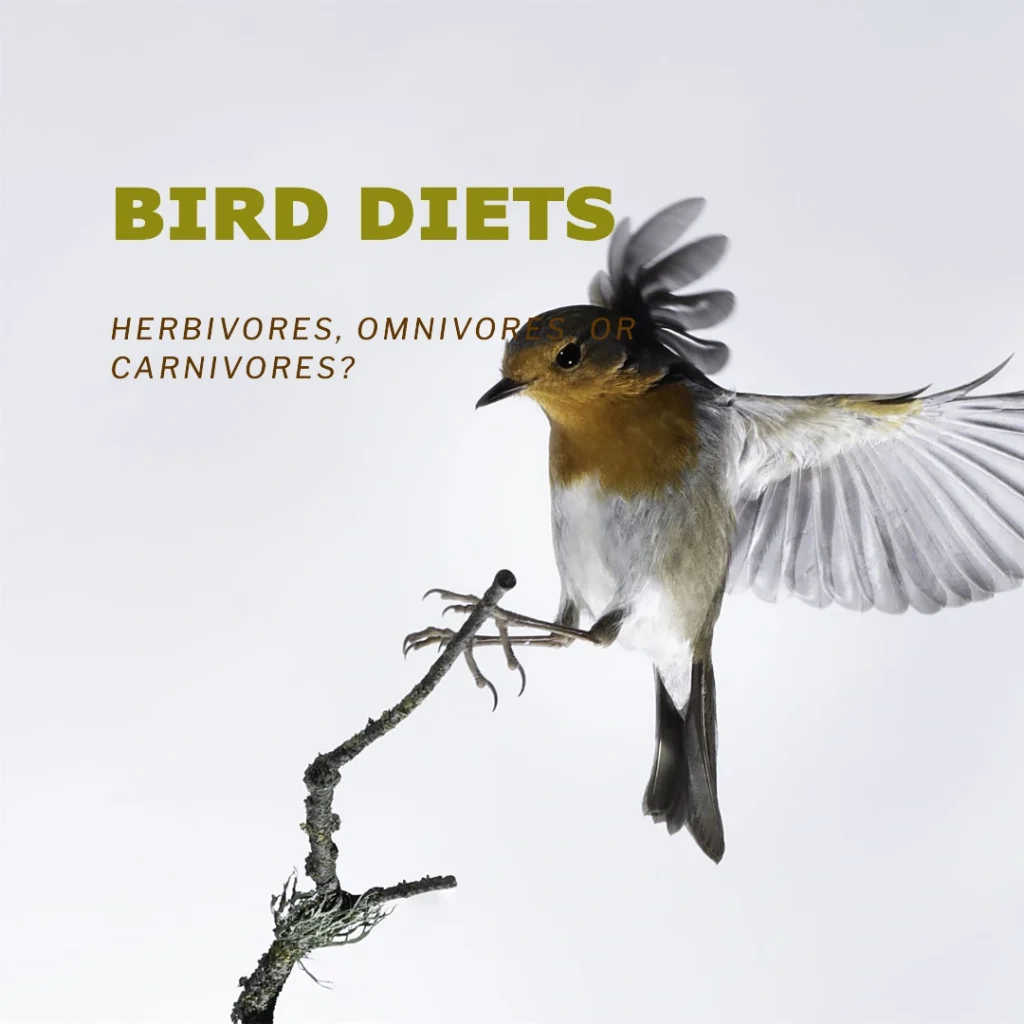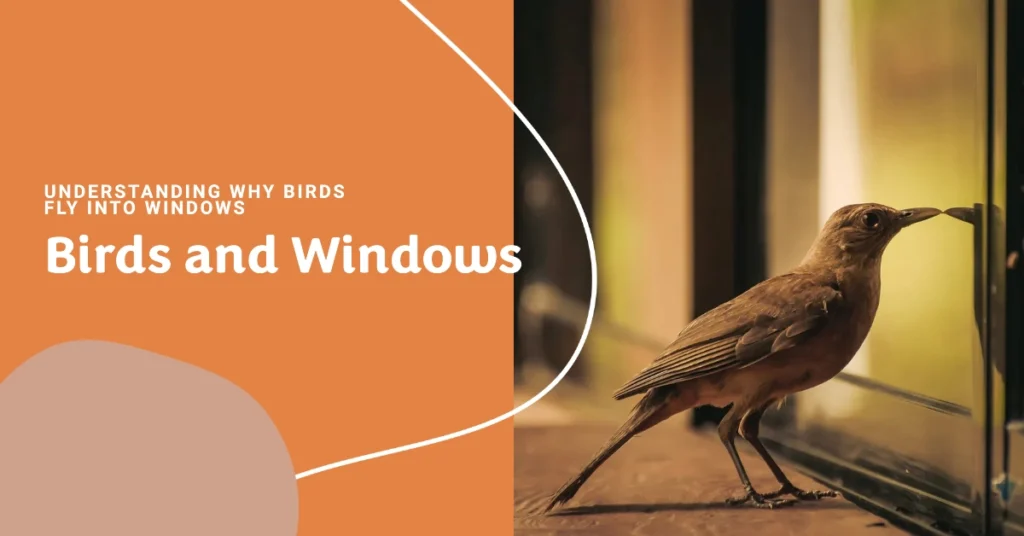
Why Do So Many Birds Hit Windows?
Birds fly into glass windows because they can’t perceive the glass as a solid barrier. To a bird, a window’s reflection looks just like trees, sky or a path leading somewhere else. This explains why up to 1 billion birds die from window collisions every year in the United States alone.
Small birds like warblers, thrushes and sparrows are especially prone to hitting windows. Their excellent eyesight helps them see reflections of plants or insects that appear to be behind the glass. Thinking they’ve spotted food or shelter, the birds fly towards the reflection and strike the window.
Common Reasons Birds Can’t See Glass

There are a few key reasons why birds are unable to recognize glass:
- Glass is a human invention that birds didn’t evolve to understand
- Birds focus better on objects close up rather than straight ahead
- Reflections in glass look just like the real environment to a bird
- Clear glass provides no visual cues that it is a solid surface
Even though glass is transparent to us, it’s essentially invisible to birds. Without window frames or other signals, birds can’t tell the difference between a pane of glass and an open flyway.
When Are Birds Most Likely to Fly Into Windows?
While window strikes can happen anytime, there are certain periods when collisions become more frequent:
- Spring and Fall Migration – Billions of migrating birds pass through urban areas twice a year, increasing strike risks.
- After Storms – Bad weather can disorient birds and draw them towards city lights.
- Dawn and Dusk – Lower light levels make reflections more deceptive.
- Breeding Season – Territorial males attack window reflections they think are rival birds.
What Attracts Birds to Windows?
Certain features and conditions make some windows much more hazardous for birds than others:
Surrounding Vegetation
If trees, shrubs or flowers are reflected in or visible through the glass, birds will likely fly towards those appealing resources.
Potted Plants Indoors
Birds can’t distinguish between house plants and outdoor vegetation they see through a window.
Feeding Areas
Windows that reflect bird feeders, baths or food sources are strike risks.
Mirrored/Reflective Glass
The more reflection in a window, the more likely birds are to perceive it as reality.
Proven Ways to Prevent Window Strikes
While you can’t eliminate all window risks for birds, there are many effective techniques to reduce collisions:
Window Decals and Stickers
Decals, sun catchers and other window decorations help alert birds that glass is present. Space them no more than 4 inches apart.
Exterior Window Films
Specialty films make glass opaque or visible to birds while letting light through for humans. Look for patterns, stripes or UV-reflective options.
Netting or Screens
Affixing netting or mesh screens a few inches from windows provides a cushioned barrier that birds can’t penetrate.
Shutters and Awnings
Closing shutters or installing awnings reduces reflections that lure birds towards windows.
Move Feeders/Baths
Relocating bird food and water sources at least 30 feet from windows minimizes strikes.
Dim Lights at Night
Reducing light pollution from homes and buildings prevents birds from being drawn off course during migration.
What to Do If a Bird Hits Your Window
If you find a bird that seems stunned after hitting glass, here are some tips:
- Gently cover and contain the bird in a box with air holes
- Keep it in a quiet, warm, dark place away from activity
- Check on it every 30 minutes but don’t handle it
- After a few hours, take the box outside and open it
- If the bird doesn’t fly off, contact a wildlife rehabilitator
With some simple precautions, we can all help reduce the staggering toll that glass takes on wild bird populations every year.
| Common Window Hazards | Prevention Methods |
|---|---|
| Vegetation Reflections | Window Films |
| Indoor Plants | Move Plants Away |
| Bird Feeders/Baths | Relocate 30+ ft Away |
| Mirrored Glass | Use Frosted Glass |
| Light at Night | Turn Off Lights |

